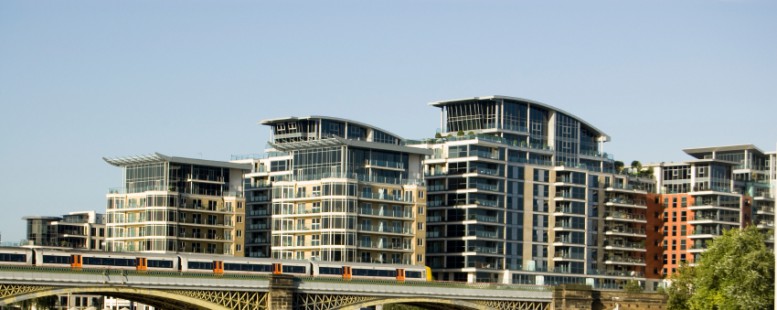Our Opinion: 2020
Is Britain’s house-price boom set to continue?

Despite the Covid-19 pandemic, UK house prices have been rising fast this year. Will that continue in 2021?
If someone had told me in January that Britain was about to suffer the biggest plunge in its economic activity in modern history, I would have predicted that prices would fall – perhaps quite hard.
Yet as 2020 draws to a close, it has proved to be the best year for the UK housing market, in terms of activity at least, in a long time. House prices hit new record highs and saw their strongest growth for years, This isn’t just about the well-off fleeing the cities for rural properties with bigger gardens or sea views (though that has been a major feature). The boom is widespread, with transactions Her Majesty’s Revenue and Customs reporting their highest level in five years in October.
Pent-up demand has helped. House moves were delayed by the outbreak, so transactions piled up towards the middle of the year. And the stamp-duty holiday introduced by the chancellor, Rishi Sunak, has likely brought forward sales from the future as people rush to beat the March 31 deadline. But what this year should really demonstrate, to anyone who was ever in any doubt, is that the main driver of house prices is the availability of credit. Despite the economic slump and risks to employment, interest rates have remained low and securing a mortgage has largely remained feasible for most people who are in a position to buy in the first place.
Lenders might be wary but it is still possible to get a mortgage with a deposit of just 10%. And if you have a larger deposit, or a lot of equity in the property, then you can still enjoy rock-bottom rates.
So what happens in 2021?
Sales will slow once the stamp-duty holiday ends. And the exodus from the cities that might have added a bit of fuel to the fire this year is unlikely to be as marked as vaccines are rolled out. Working from home is likely to be a long-term feature of many employees’ lives, but others may find that commuting is still a necessity – or at least more important than it might have seemed during lockdown.
There are other factors that could slow things down a little. The UK’s ‘Help to Buy’ scheme becomes less widely available from 31 March, while an extra layer of stamp duty also starts for overseas buyers. But house prices are most unlikely to crash. The most likely cause for that would be a surge in interest rates, which is simply not on the horizon.
Assuming that government assistance continues to cushion the worst of the unemployment risk, and that the economy recovers, then we won’t see the scale of job losses that might cause widespread forced selling either. Arguably the biggest “risk” is that inflation starts to rise much more rapidly than expected and begins to eat away at house prices in “real” terms, rendering them more affordable over the longer run. And that would be a good thing.
For now it seems likely that house prices in 2021 will be flat or subdued, if the economy recovers faster than currently expected.
29th December 2020
